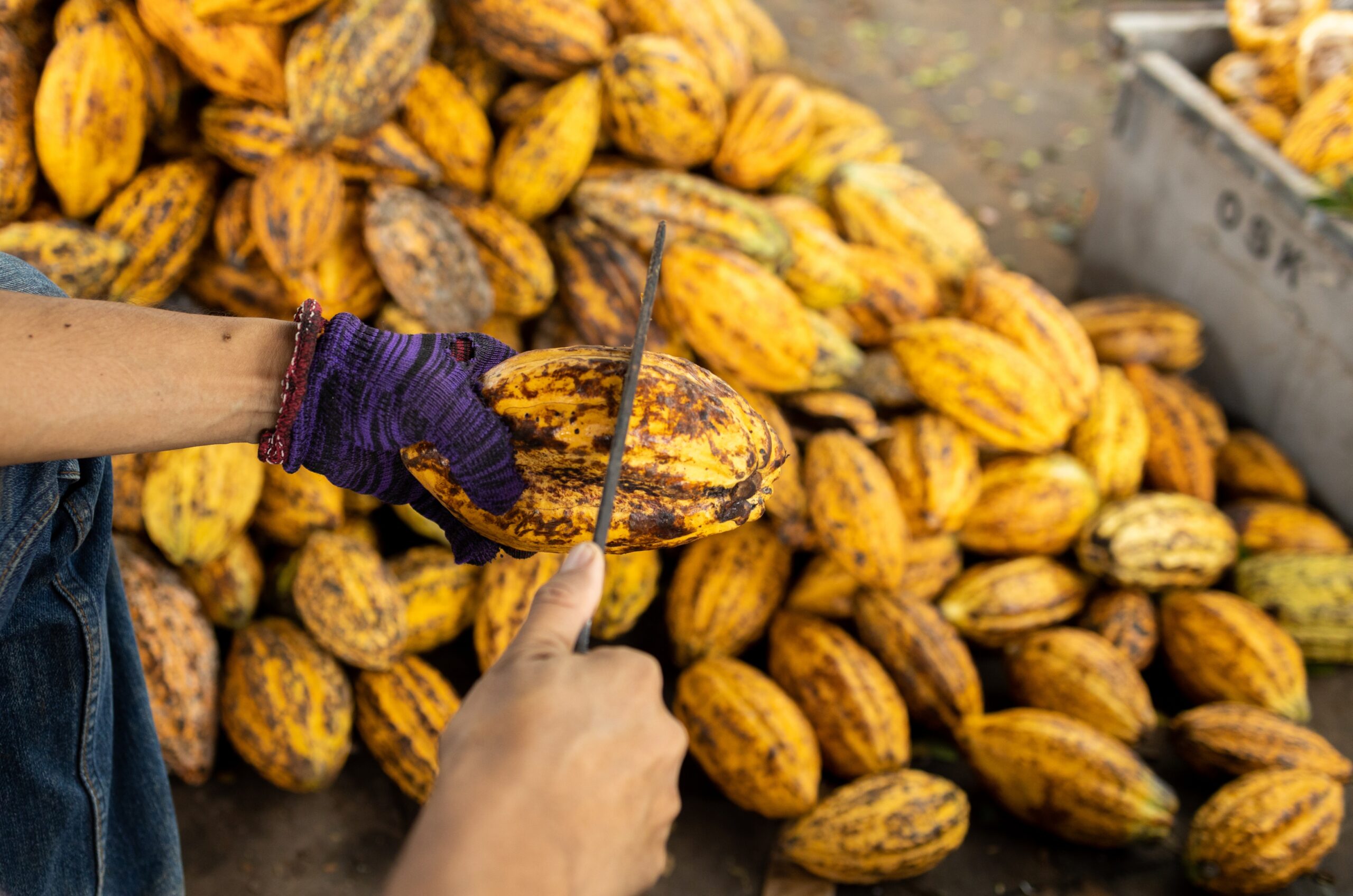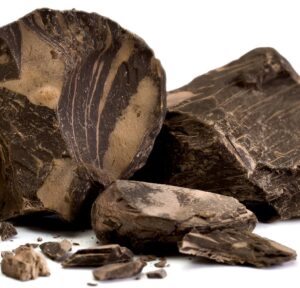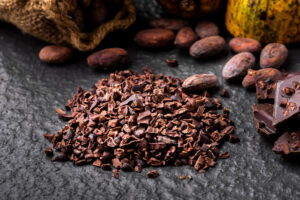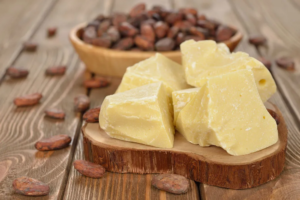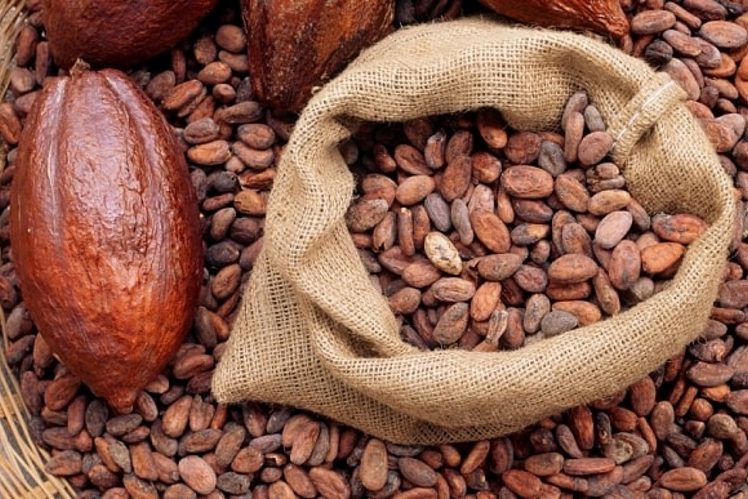
If you’ve ever taken a bite of good chocolate and wondered why it tasted so rich, smooth, or even fruity — the answer is often in the cocoa beans. And not just any beans, but single-origin cocoa beans — beans that come from one specific region, sometimes even a single farm. This matters more than people realize, especially when it comes to quality.
Now, when we talk about single-origin cocoa, Africa naturally comes to the front. Countries like Ghana, Ivory Coast, Nigeria, and Cameroon have been growing cocoa for generations. In fact, Africa produces around 70% of the world’s cocoa. And many of the best cocoa beans for chocolate come straight from these lands — with flavors that reflect their soil, climate, and traditional farming methods.
If you’re someone working in the chocolate business, baking industry, or even cosmetics, and you need consistent, quality bulk cocoa beans, African single-origin beans offer both character and quality. More and more cocoa beans suppliers in the GCC and UAE are turning to these sources, not just because of availability, but because of the flavor profile and traceability these beans offer.
Whether you’re sourcing cocoa beans in Dubai, importing into the wider GCC, or simply curious about what makes African beans so special, this blog will break it all down— from how they’re grown to why they’re so sought-after by chocolate makers around the world.
What Are Single-Origin Cocoa Beans?
Let’s keep this simple.
When people say “single-origin cocoa beans,” they’re talking about cocoa that comes from one specific place. That could mean one region, one country, or even one farm. It’s not a blend of beans from different places — it’s all from the same soil, grown under the same sun, often using the same traditional methods passed down over generations.
So why does that matter?
Because cocoa, like coffee or wine, picks up flavor from its environment — the type of soil, the amount of rain, the way it’s fermented, dried, and even how it’s harvested. All of this shapes the final taste of the chocolate. And when the beans come from one place, you can really taste that character.
Think about it like this:
- Beans from Ghana tend to have deep chocolatey notes.
- Ivory Coast cocoa is known for its consistency and balanced flavor.
- Nigerian cocoa often brings a smooth, clean profile that blends well.
- Cameroonian cocoa might have earthy or nutty tones.
For chocolatiers and manufacturers, this kind of traceability is gold. It gives them more control over flavor and quality, and for consumers, it makes the chocolate feel more authentic — like it has a story.
This is why single-origin is now a big deal — especially in specialty chocolate and ethical sourcing. And it’s a major reason why so many are now looking for bulk cocoa beans from African countries that offer this kind of consistency and traceability.
Why African Cocoa Beans Are Trusted Worldwide
-
Africa Has the World’s Largest Cocoa-Producing Nations
-
Ivory Coast alone accounts for over 40% of the global cocoa supply. It’s the world’s number one exporter by volume.
-
Ghana consistently ranks as the second-largest producer — but what makes Ghana special is its strict quality control system, enforced by the Ghana Cocoa Board (COCOBOD). Every bean that leaves Ghana has gone through grading, fermentation, and drying under strict standards.
-
Nigeria and Cameroon are also key players, supplying both bulk cocoa beans and specialty-grade beans with distinct flavor notes.
-
Generational Farming + Modern Sustainability Practices
-
Fairtrade
-
Rainforest Alliance
-
Organic Certification
-
Distinct and Consistent Flavor Profiles
-
Ghanaian beans: Rich, deep cocoa flavor with low acidity.
-
Ivorian beans: Clean, bold taste that works well in blends.
-
Nigerian beans: Mild, smooth, slightly fruity notes.
-
Cameroonian beans: Earthy, sometimes nutty, often used for darker chocolate.
-
Export-Ready and Supplier-Friendly
-
Graded, sorted beans ready for bulk shipment.
-
Moisture control and clean bagging for international standards.
-
Logistics support for large-volume buyers.
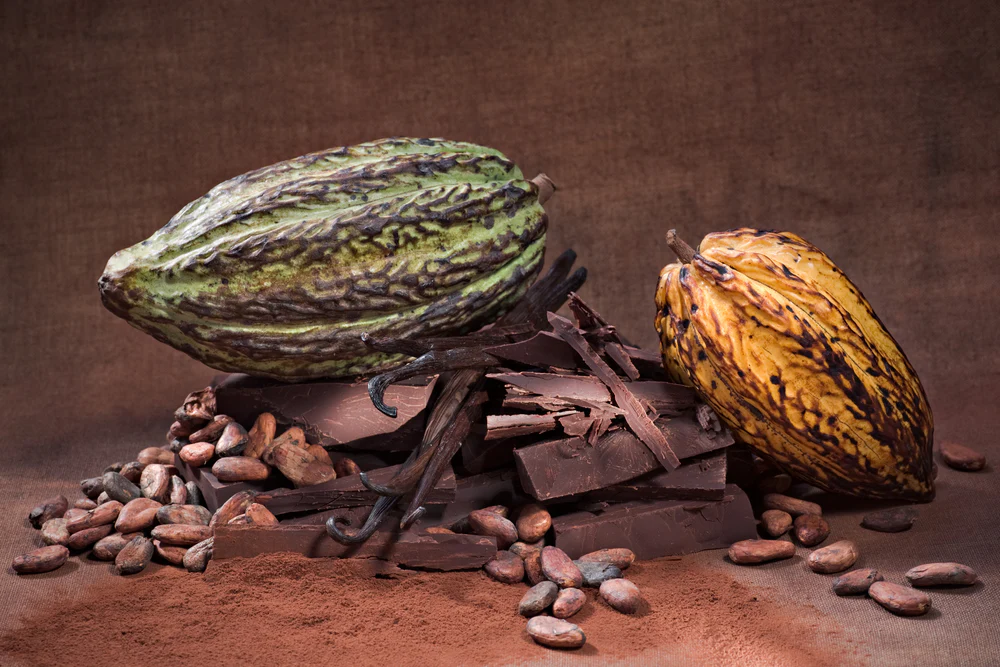
Bulk Cocoa Beans in the UAE and GCC
Why the UAE?
The Demand Is Growing
Types of Buyers in the UAE and GCC
-
Chocolate manufacturers – Some use beans directly, others process nibs or powder.
-
Baking & confectionery companies – Often buy beans in bulk to process into paste or butter.
-
Traders and exporters – Source in Dubai and distribute across the Middle East, North Africa, and even parts of Asia.
-
Cosmetic and skincare brands – Especially those using cocoa butter extracted from well-fermented beans.
What This Means for Suppliers
What to Look For in a Cocoa Bean Supplier
-
Origin and Traceability
-
Quality Grading and Post-Harvest Handling
-
Properly fermented and sun-dried
-
Free from mold, debris, or excess moisture
-
Graded according to standard export specs
-
Consistent Supply and Volume Capacity
-
Flexibility and Local Understandin
-
Payment terms
-
Delivery timelines
-
Packaging format (e.g., jute bags, vacuum-sealed, container loads)
-
Responsiveness and Communication
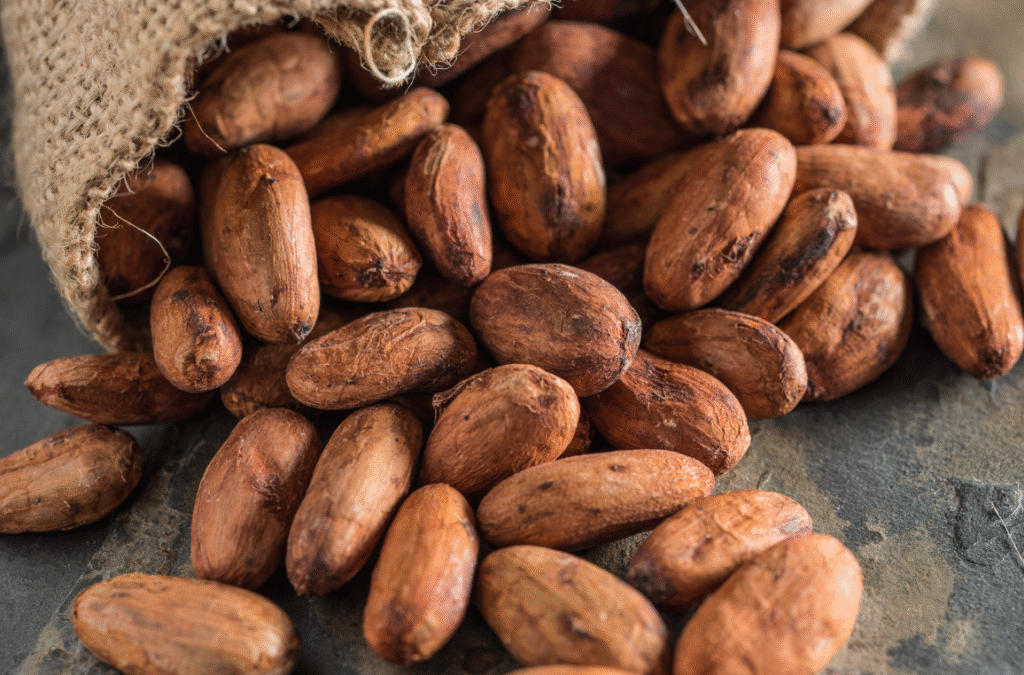
FAQs – Single-Origin Cocoa Beans
❓What are single-origin cocoa beans?
❓Why are African cocoa beans so popular?
❓Are single-origin beans better than blended beans?
❓Can I buy bulk cocoa beans in the UAE or GCC region?
❓What should I look for in a cocoa beans supplier?
-
Traceable, export-grade beans
-
Proper fermentation and drying
-
Consistent supply capacity
-
Experience with customs and shipping in the UAE/GCC
-
Transparent communication and documentation
❓What are the most common cocoa bean origins in Africa?
-
Ivory Coast – known for volume and balanced flavor
-
Ghana – strict quality control and deep chocolate notes
-
Nigeria – mild, smooth, and well-fermented beans
-
Cameroon – slightly earthy or nutty tones
❓Do I need any certifications to import cocoa beans in Dubai?
-
Importer license
-
Health and quality certifications
-
Customs clearance
-
Halal compliance (if relevant to your product)
❓Are there different grades of cocoa beans?
❓What industries use bulk cocoa beans besides chocolate?
-
Cosmetics – to produce cocoa butter for skincare
-
Baking – ground into paste or nibs
-
Food service – for sauces, drinks, and specialty desserts
-
Pharmaceuticals and wellness – for antioxidant-rich supplements

